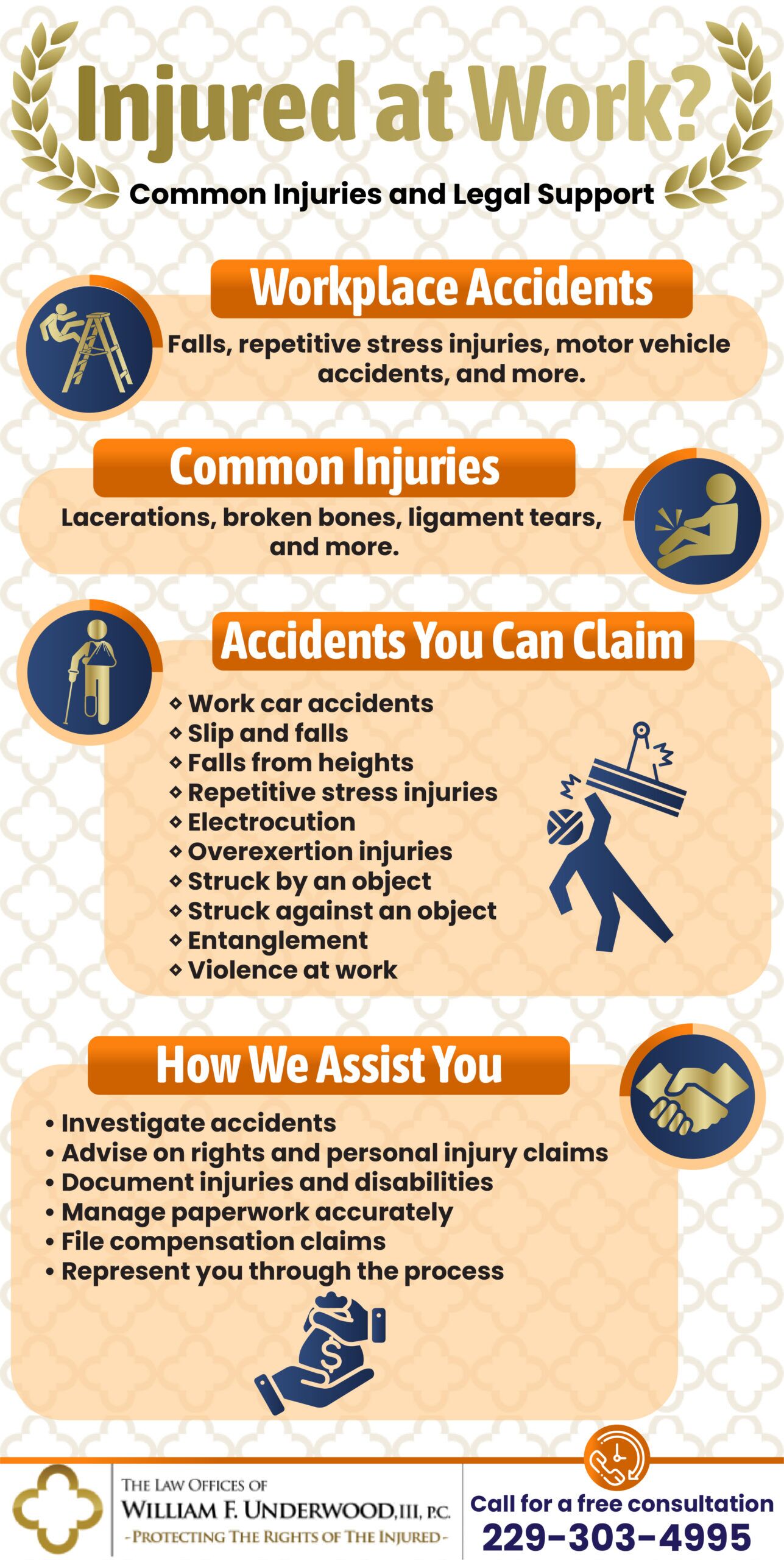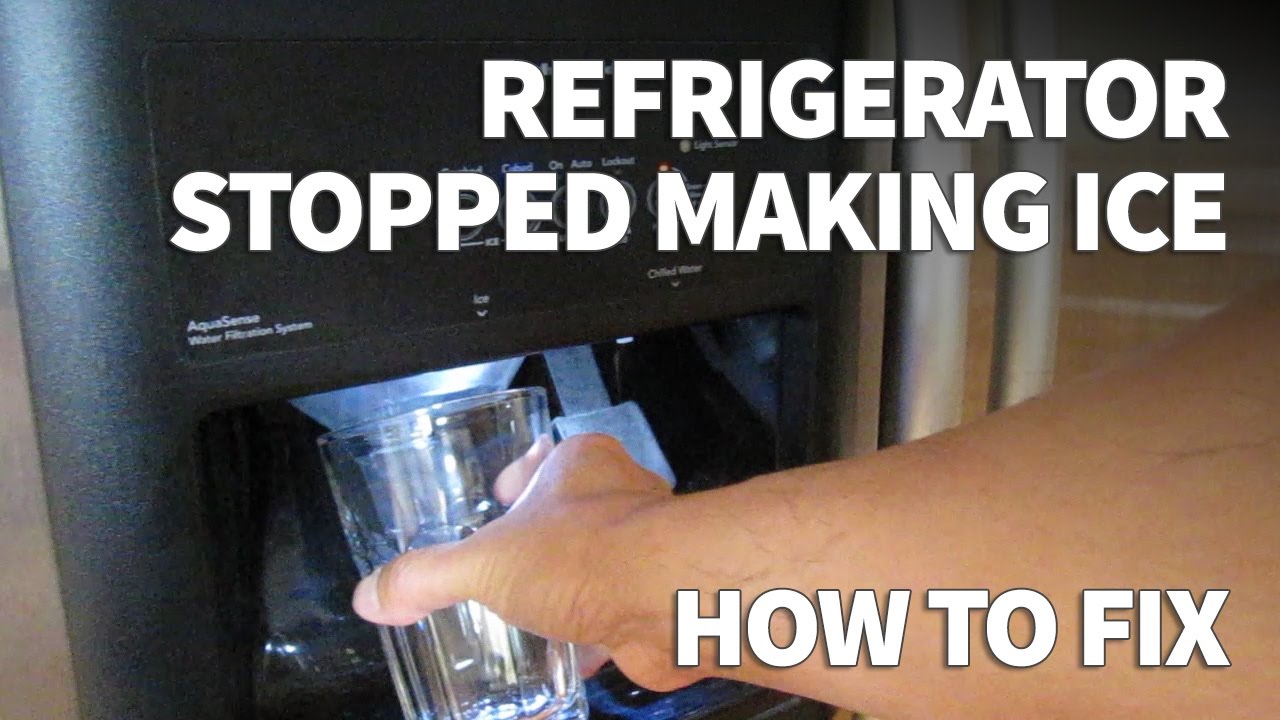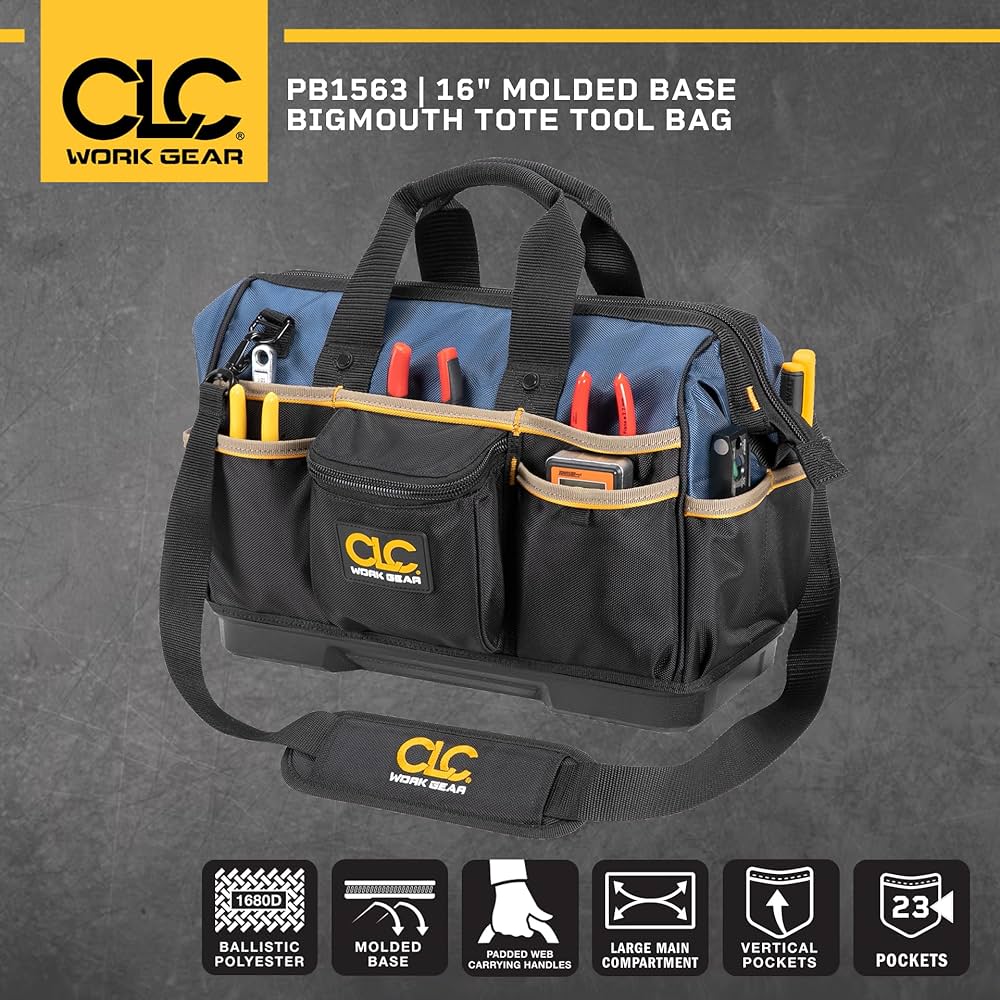
When an employee sustains an injury in the course of their employment, the question of compensation naturally arises. In many jurisdictions, workers’ compensation laws provide a framework for ensuring that injured employees receive financial support and medical care.
Workers’ compensation systems vary from country to country, but they generally share certain key features. First, they provide for mandatory employer insurance. This ensures that employers have the financial resources to cover the costs of workers’ compensation benefits. Second, they establish a system for determining whether an injury is work-related. This is important because workers’ compensation benefits are only available for injuries that arise out of and in the course of employment.
In addition to providing financial support and medical care, workers’ compensation systems also play an important role in promoting workplace safety. By providing employers with an incentive to reduce workplace hazards, workers’ compensation systems help to create a safer working environment for everyone.
1. Injury
An injury is defined as any harm or damage to the body or mind. Injuries can be caused by a variety of factors, including accidents, falls, and assaults. When an injury occurs at work, it is important to understand the connection between the injury and the employee’s entitlement to workers’ compensation benefits.
In order to be eligible for workers’ compensation benefits, an employee must prove that their injury was work-related. This means that the injury must have occurred in the course of employment and as a result of employment. In other words, the injury must have been caused by the employee’s work activities or by the conditions of the workplace.
Physical injuries are relatively easy to identify and prove. For example, if an employee is injured in a car accident while driving for work, the injury is clearly work-related. However, psychological injuries can be more difficult to identify and prove. This is because psychological injuries are often not as obvious as physical injuries.
Despite the challenges, psychological injuries are just as valid as physical injuries. In fact, psychological injuries can be just as disabling as physical injuries. If an employee suffers a psychological injury at work, they may be entitled to workers’ compensation benefits.
If you are injured at work, it is important to seek medical attention as soon as possible. This will help to document your injury and to ensure that you receive the proper treatment. You should also report your injury to your employer and to the workers’ compensation insurance carrier.
2. Work-related
The requirement that an injury be work-related is a key component of workers’ compensation law. This requirement ensures that workers’ compensation benefits are only available to employees who are injured as a result of their employment.
There are two main elements to the work-related requirement. First, the injury must have occurred in the course of employment. This means that the injury must have occurred while the employee was performing their job duties or while they were engaged in an activity that was related to their job.
Second, the injury must have arisen out of employment. This means that the injury must have been caused by the employee’s work activities or by the conditions of the workplace. For example, an employee who is injured in a car accident while driving to work is not eligible for workers’ compensation benefits because the injury did not arise out of their employment.
The work-related requirement can be a complex issue, and there are many cases that have been decided on this issue. However, the general rule is that an injury is work-related if it occurs in the course of employment and arises out of employment.
If you are injured at work, it is important to determine whether your injury is work-related. If your injury is work-related, you may be entitled to workers’ compensation benefits.
3. Compensation
Workers’ compensation benefits are designed to provide financial support and medical care to injured workers. These benefits can include:
- Medical expenses: These benefits cover the cost of medical treatment, including doctor visits, hospital stays, and surgery.
- Lost wages: These benefits replace lost income due to an injury or illness.
- Disability benefits: These benefits provide income support to workers who are unable to work due to a disability.
Workers’ compensation benefits are an important safety net for injured workers. They provide financial support and medical care, and they help to ensure that injured workers can return to work as soon as possible.
The connection between “Compensation: Benefits may include medical expenses, lost wages, and disability benefits.” and “if i get injured at work do i get paid” is clear. Workers’ compensation benefits are the financial support that injured workers receive if they are injured at work. These benefits can help to cover the costs of medical treatment, lost wages, and disability, and they can help to ensure that injured workers can return to work as soon as possible.
Understanding the connection between “Compensation: Benefits may include medical expenses, lost wages, and disability benefits.” and “if i get injured at work do i get paid” is important for several reasons. First, it can help injured workers to understand their rights and to access the benefits that they are entitled to. Second, it can help employers to understand their obligations to injured workers and to comply with workers’ compensation laws.
4. Employer
The connection between “Employer: Employers are required to carry workers’ compensation insurance.” and “if i get injured at work do i get paid” is direct and causal. Workers’ compensation insurance is a type of insurance that provides benefits to employees who are injured or become ill on the job. By law, employers are required to carry workers’ compensation insurance. This ensures that injured workers have access to the financial support and medical care they need to recover from their injuries or illnesses and return to work.
Without workers’ compensation insurance, injured workers would be responsible for paying for their own medical expenses and lost wages. This could be a significant financial burden, especially for workers who are seriously injured or disabled. Workers’ compensation insurance provides a safety net for injured workers and helps to ensure that they are not left financially devastated by a workplace injury or illness.
The practical significance of understanding the connection between “Employer: Employers are required to carry workers’ compensation insurance.” and “if i get injured at work do i get paid” is clear. If you are injured at work, you should know that you are entitled to workers’ compensation benefits. These benefits can help you to pay for your medical expenses, lost wages, and other expenses related to your injury or illness.
5. Benefits
The connection between “Benefits: Benefits vary from state to state.” and “if i get injured at work do i get paid” is significant. Workers’ compensation benefits are the financial support and medical care that injured workers receive if they are injured at work. The amount of benefits that an injured worker receives varies from state to state. This is because each state has its own workers’ compensation laws.
In general, workers’ compensation benefits include medical expenses, lost wages, and disability benefits. However, the specific benefits that an injured worker receives will depend on the state in which they were injured. For example, some states have a cap on the amount of lost wages that an injured worker can receive. Other states have a time limit on how long an injured worker can receive disability benefits.
It is important for injured workers to understand the workers’ compensation laws in their state. This will help them to understand the benefits that they are entitled to and to access the benefits that they need to recover from their injuries or illnesses and return to work.
Here are some examples of how workers’ compensation benefits can vary from state to state:
- In some states, injured workers are entitled to receive two-thirds of their average weekly wage in lost wages benefits. In other states, injured workers are only entitled to receive a percentage of their average weekly wage.
- In some states, injured workers are entitled to receive medical expenses for the rest of their lives. In other states, injured workers are only entitled to receive medical expenses for a certain period of time.
- In some states, injured workers are entitled to receive disability benefits for the rest of their lives. In other states, injured workers are only entitled to receive disability benefits for a certain period of time.
It is important to note that workers’ compensation benefits are not always adequate to cover the full cost of an injured worker’s injuries or illnesses. This is why it is important for injured workers to have other sources of income, such as health insurance and disability insurance.
6. Rights
The right to file a workers’ compensation claim is a critical aspect of “if I get injured at work do I get paid.” This right ensures that injured workers have access to the financial support and medical care they need to recover from their injuries and illnesses and return to work. Without the right to file a workers’ compensation claim, injured workers would be left to pay for their own medical expenses and lost wages, which could be a significant financial burden.
- Facet 1: The workers’ compensation system is designed to provide benefits to injured workers regardless of fault. This means that even if an injured worker was partially or fully at fault for their injury, they may still be entitled to workers’ compensation benefits.
- Facet 2: The workers’ compensation system is designed to be a no-fault system. This means that injured workers do not have to prove that their employer was negligent in order to receive benefits.
- Facet 3: The workers’ compensation system is designed to provide benefits to injured workers regardless of their immigration status. This means that undocumented workers are entitled to workers’ compensation benefits if they are injured at work.
- Facet 4: The workers’ compensation system is designed to provide benefits to injured workers regardless of their employment status. This means that part-time workers, temporary workers, and independent contractors may be entitled to workers’ compensation benefits if they are injured at work.
Understanding the right to file a workers’ compensation claim is essential for injured workers. This right ensures that injured workers have access to the financial support and medical care they need to recover from their injuries and illnesses and return to work.
FAQs about “if i get injured at work do i get paid”
This section provides answers to frequently asked questions about workers’ compensation benefits, eligibility, and the claims process.
Question 1: I was injured at work. Do I have to report my injury to my employer?
Yes, it is important to report your injury to your employer as soon as possible. Depending on the jurisdiction, there may be a time limit for reporting workplace injuries, and failing to report your injury within the specified timeframe could affect your right to workers’ compensation benefits.
Question 2: What are my rights if I am injured at work?
If you are injured at work, you may be entitled to workers’ compensation benefits, which may include coverage for medical expenses, lost wages, and disability benefits. You have the right to file a workers’ compensation claim regardless of fault, and your immigration status or employment status does not impact your eligibility for benefits.
Question 3: What should I do if my workers’ compensation claim is denied?
If your workers’ compensation claim is denied, you have the right to appeal the decision. The appeals process varies by jurisdiction, so it is advisable to seek legal guidance or consult with your state’s workers’ compensation agency for specific instructions.
Question 4: Can I receive workers’ compensation benefits if I am an undocumented worker?
Yes, undocumented workers are entitled to workers’ compensation benefits if they are injured at work. Workers’ compensation is a no-fault system, meaning that you do not have to prove that your employer was negligent in order to receive benefits.
Question 5: What is the time limit for filing a workers’ compensation claim?
The time limit for filing a workers’ compensation claim varies by jurisdiction. It is important to consult with your state’s workers’ compensation agency or seek legal advice to determine the specific time limits that apply in your case.
Question 6: Can I get fired for filing a workers’ compensation claim?
No, it is illegal for an employer to retaliate against an employee for filing a workers’ compensation claim. If you are fired or discriminated against for filing a claim, you may have legal recourse.
Understanding your rights and responsibilities in the workers’ compensation process is crucial for ensuring that you receive the benefits you are entitled to after a workplace injury. If you have any further questions or concerns, it is advisable to consult with an attorney or your state’s workers’ compensation agency for guidance.
If you are injured at work, remember that you have the right to file a workers’ compensation claim. Workers’ compensation benefits can provide you with the financial support and medical care you need to recover from your injuries and return to work.
Tips for “if i get injured at work do i get paid”
Understanding your rights and responsibilities in the workers’ compensation process is crucial for ensuring that you receive the benefits you are entitled to after a workplace injury. Here are some tips to help you:
Tip 1: Report your injury promptly. Most jurisdictions have a time limit for reporting workplace injuries. Failing to report your injury within the specified timeframe could affect your right to workers’ compensation benefits. It is important to notify your supervisor and file a written report as soon as possible after the injury occurs.Tip 2: Seek medical attention. If you are injured at work, it is important to seek medical attention as soon as possible. This will help to document your injury and ensure that you receive the proper treatment. Keep all medical records and receipts related to your injury.Tip 3: File a workers’ compensation claim. Depending on the jurisdiction, there may be specific forms or procedures for filing a workers’ compensation claim. Gather all necessary documentation, such as medical records, witness statements, and a description of the accident. File your claim within the time limit established by your state’s workers’ compensation laws.Tip 4: Cooperate with the insurance company. The workers’ compensation insurance company will likely request information and documentation related to your injury. Provide all requested information promptly and honestly. If you have any questions or concerns, do not hesitate to contact the insurance company or seek legal advice.Tip 5: Understand your rights. You have the right to fair and timely benefits under the workers’ compensation system. Do not sign any documents or agreements without fully understanding your rights and the potential consequences. If you are denied benefits or have any disputes with the insurance company, you may have the right to appeal the decision.Tip 6: Seek legal advice if necessary. If you have any complex or disputed workers’ compensation issues, it is advisable to seek legal advice from an attorney who specializes in workers’ compensation law. An attorney can help you navigate the legal process and ensure that your rights are protected.
Understanding these tips can help you maximize your chances of receiving the workers’ compensation benefits you are entitled to after a workplace injury.
If you have been injured at work, remember that you have the right to file a workers’ compensation claim. Workers’ compensation benefits can provide you with the financial support and medical care you need to recover from your injuries and return to work.
Conclusion
Understanding your rights and responsibilities when it comes to workers’ compensation is essential. If you are injured at work, you may be entitled to benefits that can help you recover from your injuries and return to work. Workers’ compensation benefits can include medical expenses, lost wages, and disability benefits. The specific benefits that you are entitled to will vary depending on your state’s workers’ compensation laws.
If you are injured at work, it is important to report your injury to your employer as soon as possible. You should also seek medical attention and keep all medical records and receipts related to your injury. You may need to file a workers’ compensation claim to receive benefits. If you have any questions or concerns, you should contact your state’s workers’ compensation agency or an attorney who specializes in workers’ compensation law.



